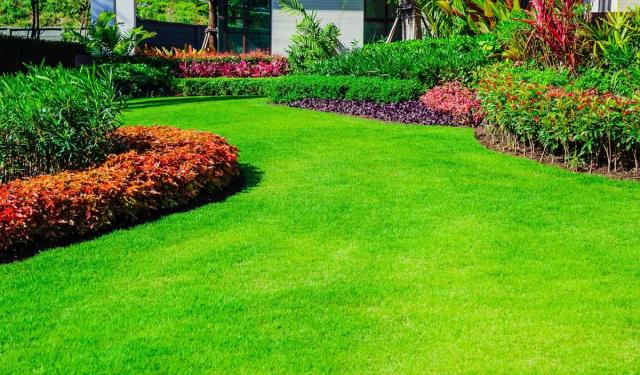There was a time when gardening was simple. All you had to do was plant like your neighboring farmers did, just on a smaller scale and with vegetables, and everything was going to be fine. This did ok, but with time the soil would get worn out, just like a farm, and after a generation or ten you would have to move on to fresher soil. Gardening and farming went quietly along like this for thousands of years and it wasn’t a big deal because there were few people and plenty of land. Well, it went mostly fine except for the occasional catastrophic failures of agriculture that bought down entire cultures.
The Spread Of European-Style Agriculture
As time went on, European cultures started getting tight on land, but the age of exploration came and Europeans spread throughout the world and took their highly tooled agriculture with it. And this worked well as new lands were worked and lots of European descendant babies were born. And then they needed more room. After a while all these people figured out that they would need more food and became concerned that the same old farming and gardening that had been done for all those thousands of years would not work for the growing population.
Petroleum Changes Everything
Fortunately, by this time petroleum had been discovered and mastered as a cheap energy source. The Europeans, their descendants, and those who had adopted the European philosophical processes came up with downright brilliant ways to use all that cheap energy to grow food cheaper, faster, and in more diverse areas. The home gardener continued to follow the local farmers and adopted the exciting new technologies for the smaller areas they were dealing with. Soon, there were small walk-behind tractors spread through the world and shelves lined with chemicals and petroleum-derived fertilizers.
Problems Start to Appear
Things were going so well that farmers and gardeners decided that they could do away with age-old techniques like crop rotation and fallowing. Any problem could be solved by a trip to the agricultural supply store, or by using some application of cheap petroleum. And the world was good, except that petroleum is not always available and is often used as a political weapon. Well, we shouldn’t forget the salt builds up in farmer’s fields, problems sometimes happen with irrigation water that requires deeper and deeper wells, and there's a large dead zone in the middle of the Gulf of Mexico. Truthfully, there are a lot more problems that we see every day, but don’t know that we are seeing it. Ever wonder how the pond at the golf course maintains such a nice color or why some water sources taste swampy? Yeah, those aren’t going to kill us, but you might not like the other implications that come with them.
Discovering Permiculture
Now, I do not intend to spread doom and gloom, but our gardens are still following the path laid out by current agricultural practices. We need to think carefully about what we are doing, why we are doing it, and what things we can change. I have been doing this since before I went back to college, but I found something early on in my horticulture degree when I was looking in the agriculture section of the library. It was a soft bound book in the library called Introduction to Permaculture by Bill Mollison. The odd thing about this book was that it not only pointed out the problems that were being discussed in my horticulture and agriculture classes, but it was giving doable solutions for fixing them.
A Useful Set of Tools
I should note that this is not a system so much as a toolbox. The permaculture idea is not to guarantee your success by having you do X, Y, and Z. Permaculture is more about understanding the values, the science of the situation, and then finding a sensible solution that fits into the values and does the least amount of harm. Fair warning, if you research permaculture you will find groups that are into all the socially edgy things like drum beating, man buns, and even cult-like groups led by charismatic leaders. But this is not what permaculture is about nor will those things help the environment or your garden. So ignore them and focus on reading and learning, then make your own decision about what is presented.Manana!





